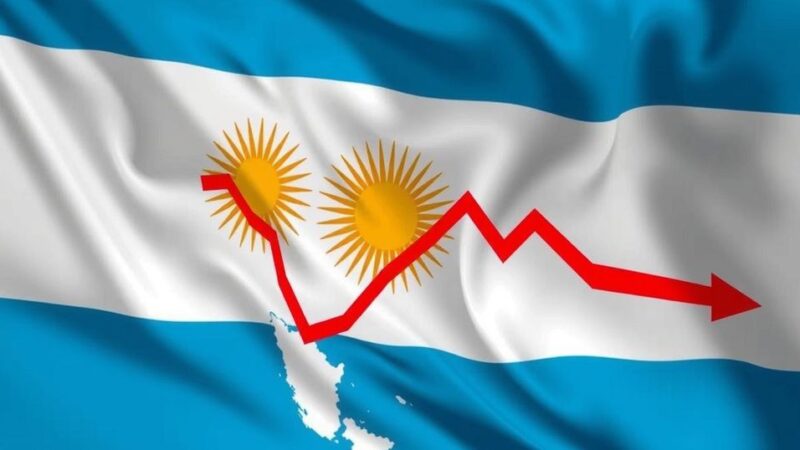Congo has filed legal complaints against Apple in France and Belgium, accusing the company of complicity in the illicit use of conflict minerals. The Congolese government alleges that Apple’s supply chain involves minerals sourced from armed groups in Eastern Congo, thus perpetuating violence and human rights abuses. In response, Apple defends its practices and claims to follow rigorous sourcing standards.
The Democratic Republic of Congo has initiated legal actions against Apple’s subsidiaries located in France and Belgium, alleging involvement in the illicit trade of conflict minerals. The Congolese authorities contend that Apple is complicit in the exploitation of minerals such as tin, tantalum, and tungsten, which are extracted from mines controlled by armed groups in Eastern Congo. Lawyers representing the Congo government assert that the technology giant effectively launders these conflict minerals through its international supply chains, perpetuating cycles of violence and human rights abuses in the region.
In their complaints filed with both the Paris prosecutor and a Belgian magistrate’s office, the Congolese lawyers accused Apple France and its retail divisions of various offenses, including complicity in war crimes, laundering of illicit materials, and handling stolen goods. The legal actions emphasize that Apple is aware of the systemic wrongdoing within its mineral supply chains. Meanwhile, Apple has defended its practices, affirming that it utilizes internationally recognized due diligence standards to ensure responsible sourcing of minerals and that it has severed ties with a number of non-compliant smelters and refiners.
The presence of conflict minerals in the Congolese mining industry has been a longstanding issue, exacerbating violence and human rights violations. Human rights organizations have pointed fingers at the international supply chains that profit from these minerals. Furthermore, the Republic of Rwanda has refuted claims of benefiting from these practices, characterizing the legal actions taken by Congo against Apple as a mere publicity stunt.
The issue of conflict minerals, particularly from the Democratic Republic of Congo, has garnered international attention due to the severe humanitarian crises associated with their extraction. Armed groups often control the mines, using the profits to fuel violence, and exploiting local populations, including the use of child labor. The allegations against tech companies like Apple highlight the complexity of ensuring ethical sourcing in global supply chains. Under U.S. law, companies are required to disclose the use of conflict minerals. However, the enforcement of responsible sourcing remains a challenge, leading to ongoing scrutiny and legal claims against companies implicated in such trades.
The legal complaints filed by the Democratic Republic of Congo against Apple underscore significant ethical concerns surrounding the sourcing of conflict minerals. Apple maintains that it adheres to strict standards for responsible sourcing and has taken steps to exclude non-compliant entities from its supply chain. As this case unfolds, it may influence broader discussions regarding corporate responsibility and the impact of technology companies on human rights and access to resources in conflict-ridden regions.
Original Source: www.silicon.co.uk







